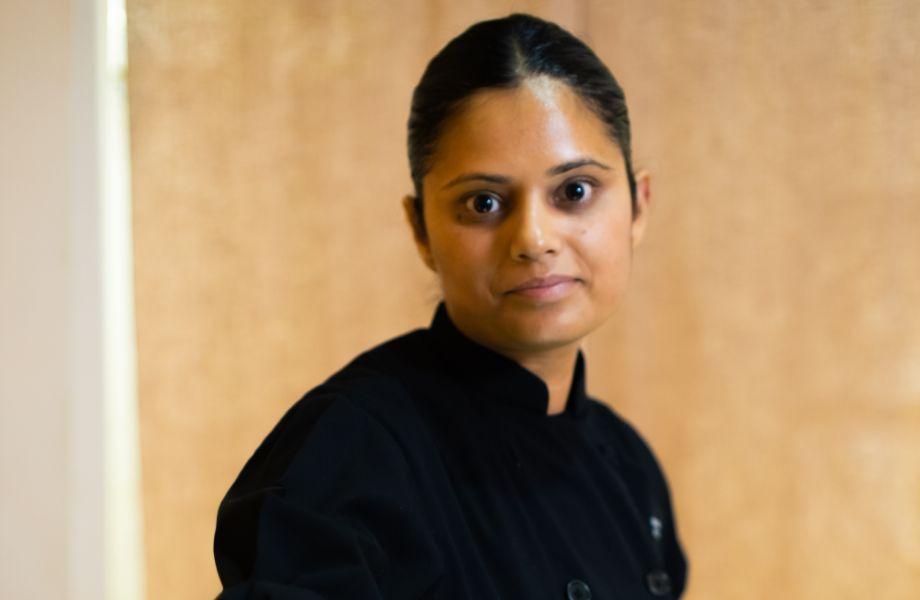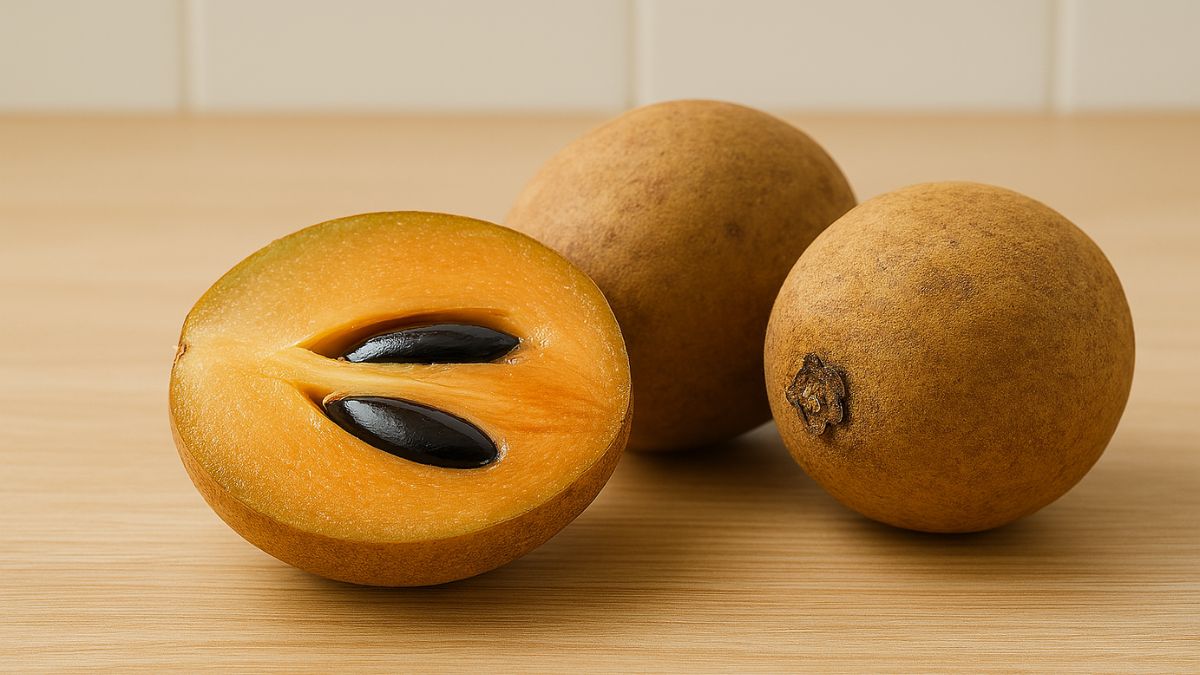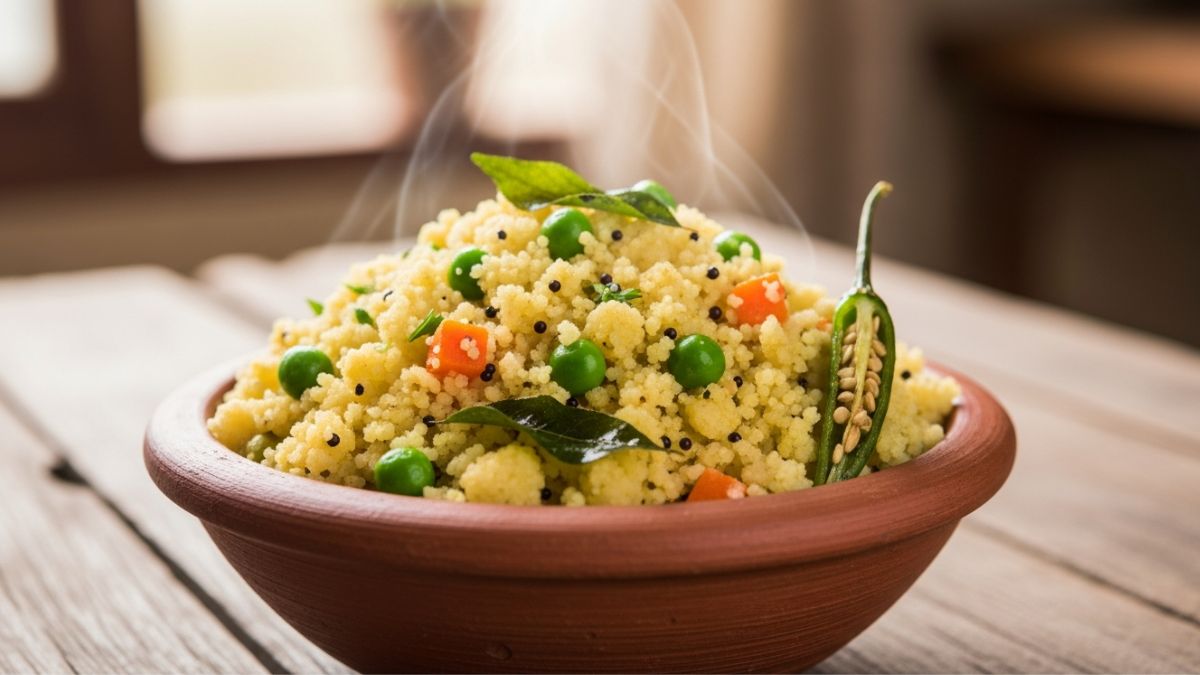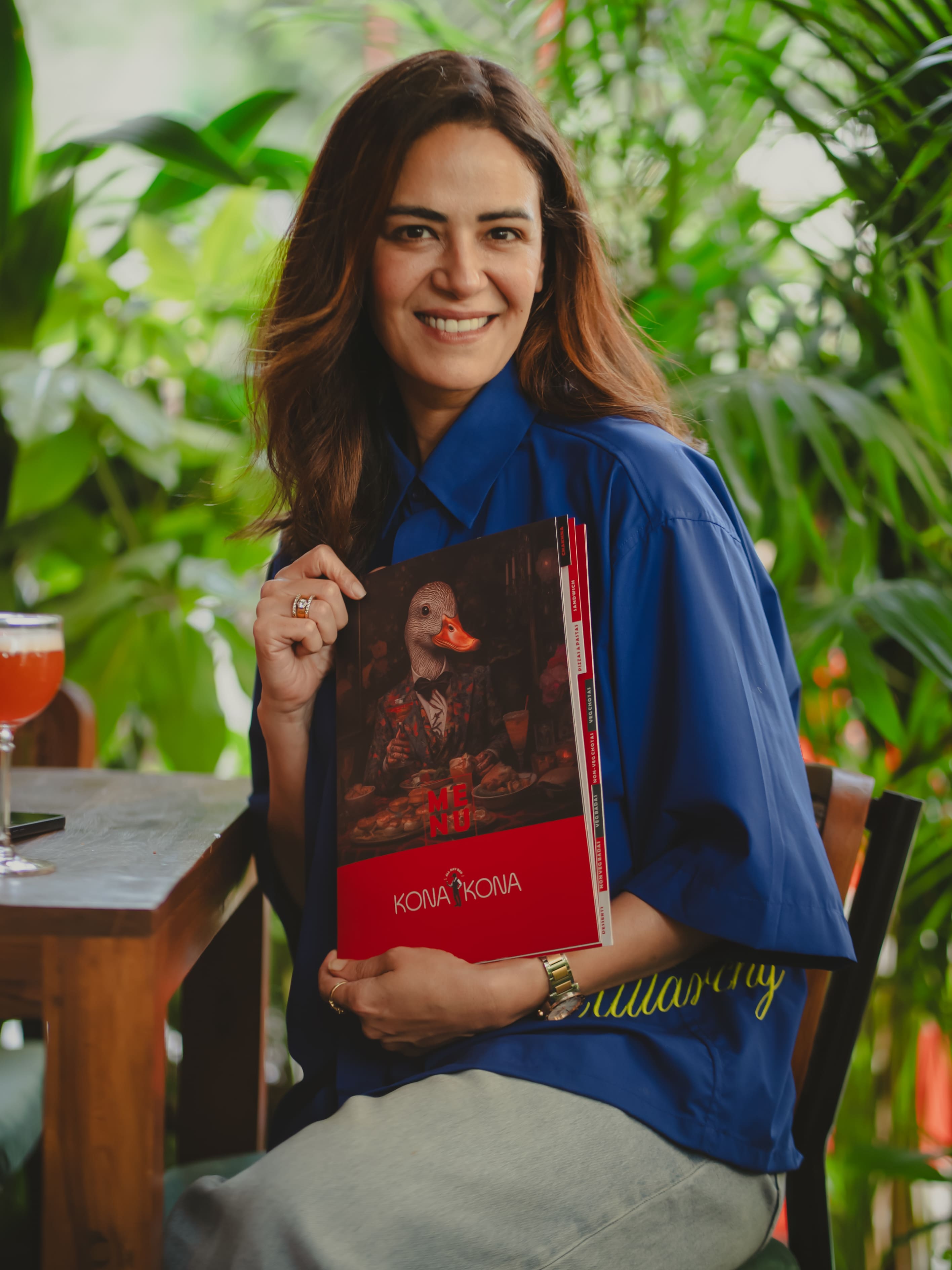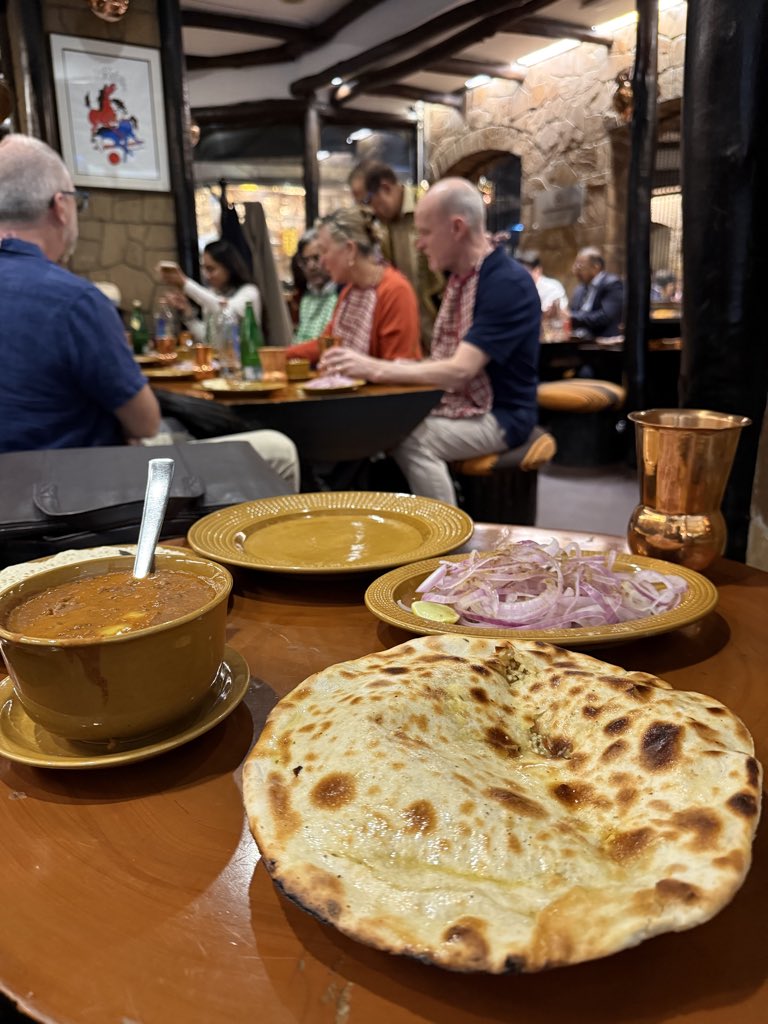According to a latest study, published in the Journal of Cell Reports, right combination of diet and bacteria may limit cancer progression. A well-balanced and healthy diet is known to do wonders for our overall health, including the gut microbiome, which is populated by microorganisms such as bacteria (good and bad).
In an attempt to study the diet-microbiome-host interactions, the researchers worked with HuMiX ("Human-Microbial X(cross)-talk") - a unique in vitro model of the gut ("gut-on-a-chip") which allows the cultivation of human intestinal cells together with bacteria under representative conditions.
The investigation on the effects of dietary regimens and a specific probiotic on CRC cells revealed that a combination of probiotics, i.e. specific beneficial bacteria, and prebiotics, such as dietary fibre, reduces the expression of pro-carcinogenic and drug resistance genes. This particular combination gives rise to metabolic changes that impact the growth of cancer cells and may help treat diseases such as CRC.
As per the findings of the study, in contrast to individual fibre-rich or probiotic treatments, it was only the combination of fibre and probiotics that led to the observed beneficial effects.
"Currently, cancer patients are not provided with evidence-based personalised dietary interventions during chemotherapy treatment. Our results provide support for exploiting the food-microbiome interactions as a supportive therapeutic approach in anti-cancer therapy," said Kacy Greenhalgh lead author of the study.
"I hope that our results will reach patients and medical practitioners in their respective fields and that in the future more effort is put in including personalised dietary recommendations into cancer treatment plans," Greenhalgh asserted.
According to the researcher, a deeper understanding of the microbiome-host interaction may possibly lead to new therapeutic strategies for CRC patients.

